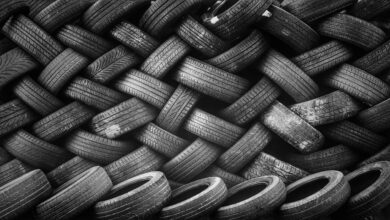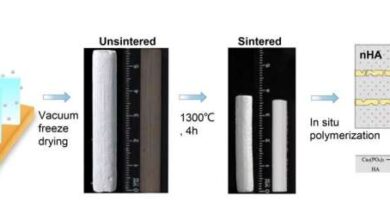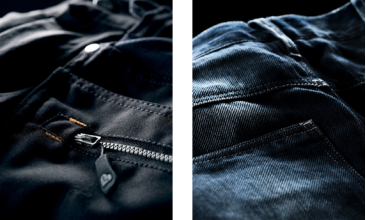Recycled PVC Cuts Environmental Impact
Recycled PVC Cuts Environmental Impact
According to new calculations by Axion Recycling, manufacturing new building products from recycled PVC-U has about 6% of the global warming impact of using virgin polymer – offering significant environmental and raw material cost-saving benefits and strengthening the argument for greater use of recyclate in new items, such as PVC-U window and door profiles.
“An added benefit is that manufacturers can develop products to attract ‘eco-conscious’ consumers, as well as save on escalating raw material costs given the current record oil prices,” says Roger Morton, Axion’s Commercial Director.
Axion came to its conclusion on the global warming impact of collecting and recycling end-of-life PVC using updated information from DEFRA on CO2 emissions and data on power consumption and other energy uses at a typical UK PVC recycling facility.
Collecting and mechanically recycling one tonne of recovered PVC, which can directly substitute virgin polymer in a new application, will generate about 120 kg CO2 per tonne of PVC recycled. The latest eco-profile data from Plastics Europe for virgin PVC indicates that producing one tonne of virgin PVC from its primary raw materials (salt and oil) will generate about 1,900 kg of CO2 emissions. Using the recycled PVC chip therefore creates a 94% saving in CO2 emissions compared to production of virgin PVC polymer.
Most recycled PVC can be re-used as a clean chip to substitute virgin polymer so there are fewer melting costs. This helps to reduce the carbon impact of the recycled material compared to virgin.
The 40,000 tonnes of end of life PVC that were recycled through Recovinyl in the UK during 2007 will have saved up to 71,000 tonnes of CO2 emissions because the majority of this material will have been used in applications that directly substitute virgin polymer.
Roger says the carbon credentials of even virgin PVC are better than for other polymer types. “The carbon impact of making new PVC-U is lower than for other types of polymer because it is made partly from salt and partly from oil. Most other polymer types are made entirely from oil. Another advantage is that PVC is a long-life material that can be recycled up to ten times without any loss in performance, making it ideal for use in new building products such as window and door profiles, fascias and soffits.
“The technology exists to produce building products made from 100% recycled PVC-U, allowing the UK construction industry to demonstrate a truly sustainable way forward,” adds Roger.
Source: Axion Recycling






